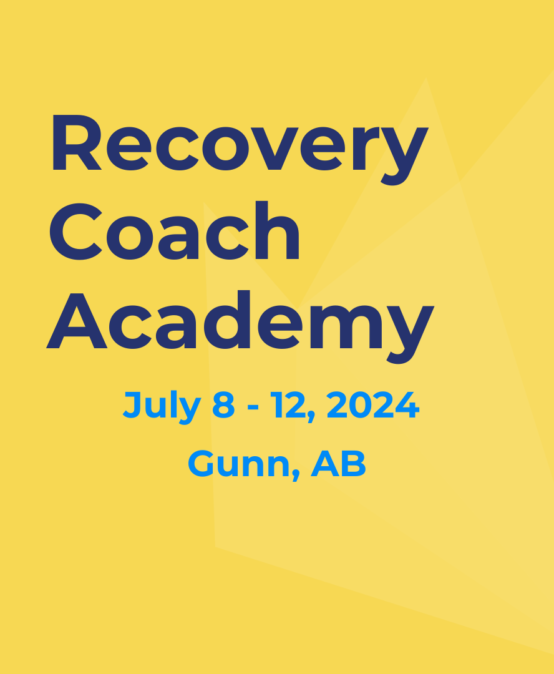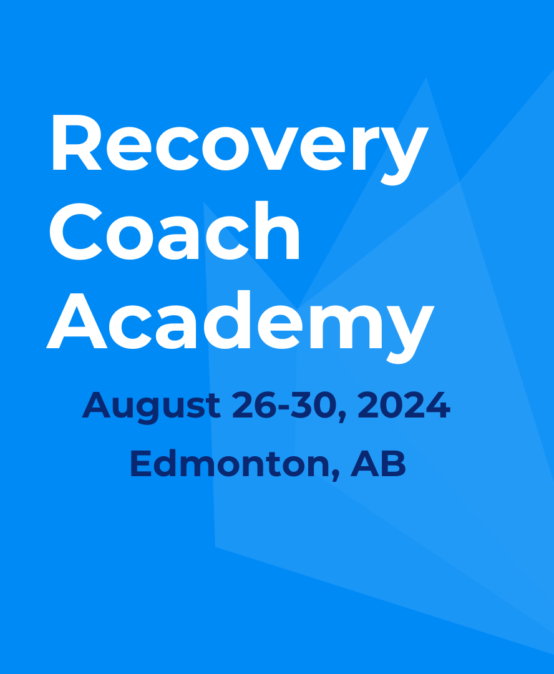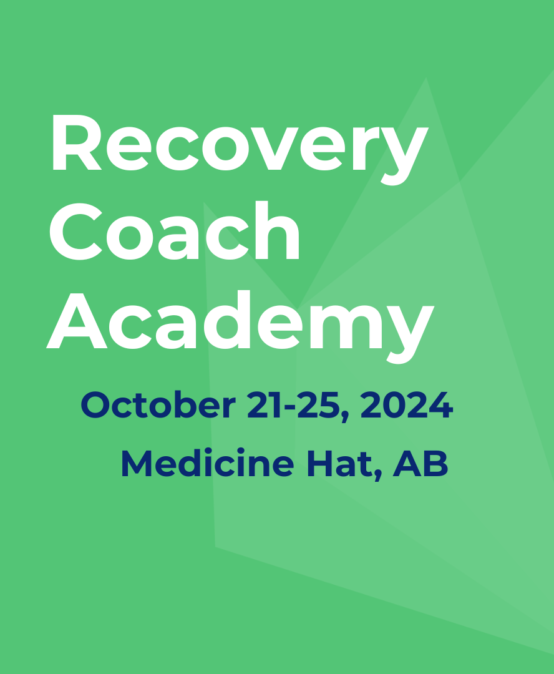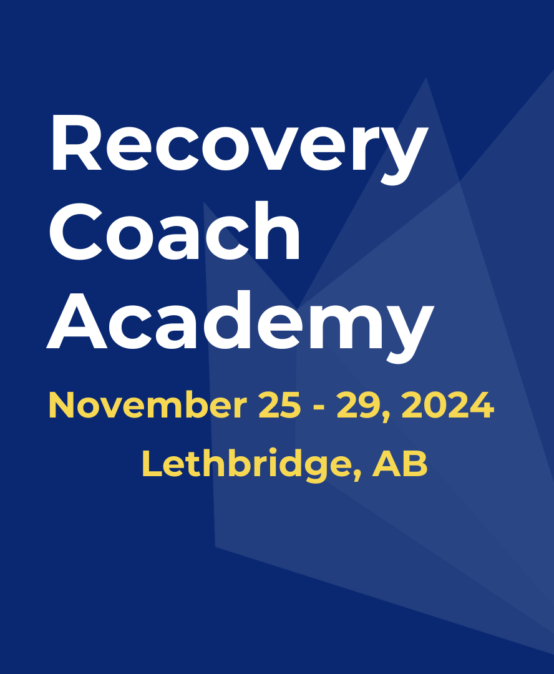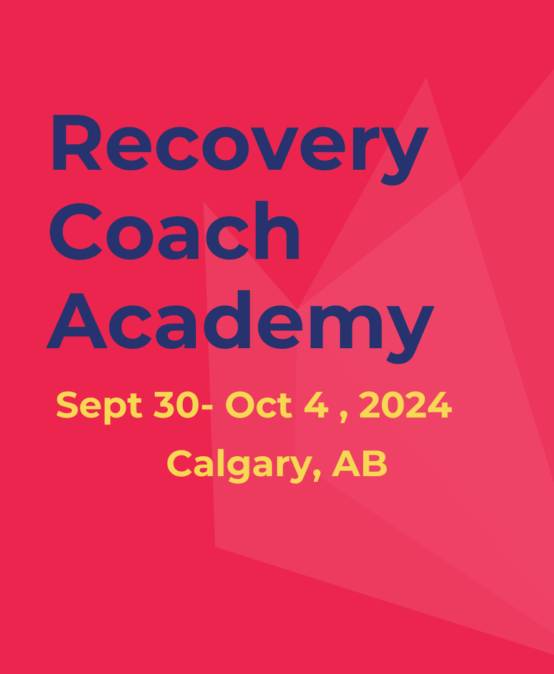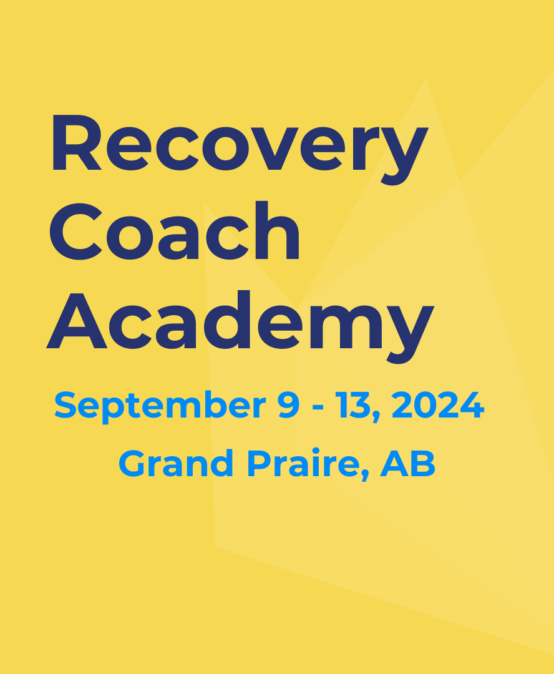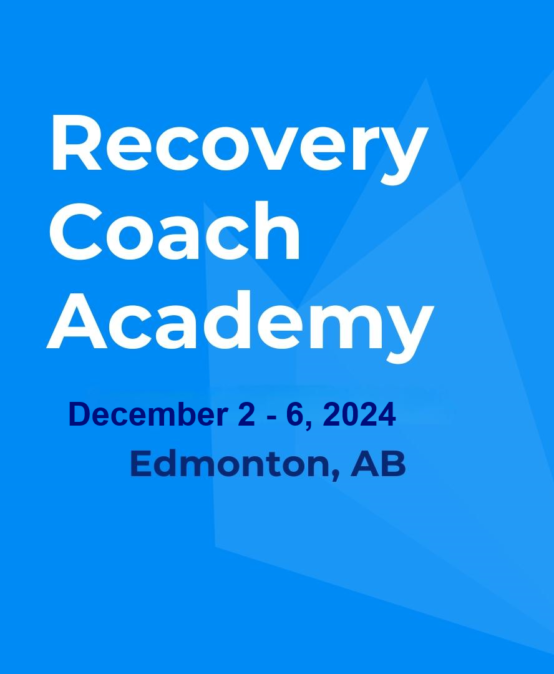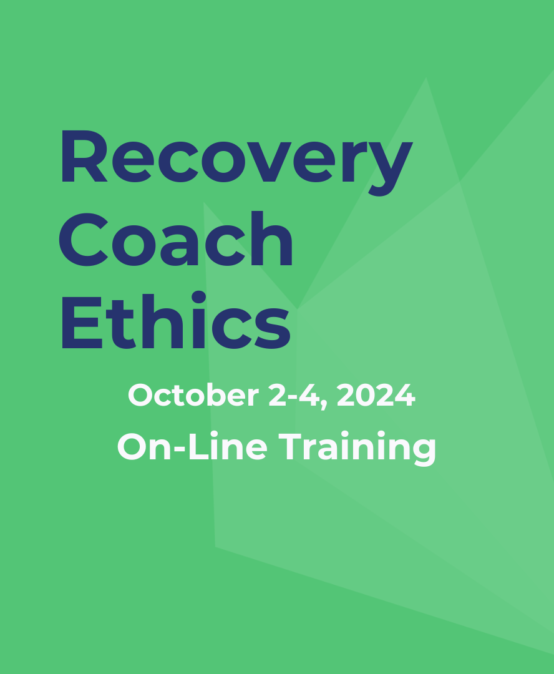
We offer a training journey
that cultivates excellence in coaches
and promotes growth in individuals
Our Training Facilitators
Russell Purdy RCP, RCPF
Director, Recovery Coaches
Russell brings a fresh perspective to the Recovery Coach Academy of Canada. He is a man in long term recovery and has worked in management of second stage housing, functioned as the Executive Director of private and public treatment centres, and lead the development of recovery initiatives across the Western provinces. Russell is a CCAR certified recovery coach and recovery coach training facilitator and is a zealous advocate for those in recovery. In his off time, Russell is a loving father to twin boys and a lifelong hockey enthusiast.
Bill Caldwell CCAC, CCS-AC, RCPF
Executive Director, Recovery Training Institute of Alberta
Bill comes with two decades of experience working in addictions treatment, program design, and mental health leadership. He has worked in a variety of centres as a counsellor, clinical supervisor, and director as well as a consultant in program design and leadership training in mental health. His work has taken him across the country, assisting in managing treatment programs in almost every province. Passionate about supporting those in early recovery and helping to build connection and community, he is also a CCAR certified recovery coach and recovery coach training facilitator. He is thrilled to join the team at the Recovery Coach Academy of Canada. In his off time, Bill enjoys scuba diving, working on motorcycles and being a dad.
FAQ
“ A recovery coach is a person who helps remove personal and environmental obstacles to recovery, links the newly recovering person to the recovering community, and serves as a personal guide and mentor in the management of personal and family recovery. Such supports are generated by mobilizing resources within the recovery community or provided by the recovery coach where such natural support networks are lacking.” -William White
To become a Recovery Coach Professional (RCP), you need a minimum 60 hours of approved training which are offered here at RTIA. To obtain a designation, you will need to successfully submit proof of experience and pass a panel interview.
The Recovery Coach can be integrated into a multitude of organizational settings, or can independently deliver services to recoverees. Recovery coaches have had success in settings such as:
- Corrections – Therapeutic Living Unit programs, resource navigation services in Remand Centres, for example.
- Healthcare – Emergency rooms, treatment centers, detoxification services, safe injection sites, etc.
- Emergency Services – police services or paramedics
- Standalone recovery resource centres
- Post-secondary institutions
- Safety-sensitive workplaces
The 60-hour training program kicks off with a 30-hour in-person Recovery Coach Academy intensive 5-day course. Register for training waitlists HERE in various locations across Alberta.
Core components are delivered in-person during a 5-day 30-hour intensive Academy experience. The remainder can be completed online via a combination of virtual classroom and asynchronous learning options.
Those trained by the Recovery Coach Academy of Canada receive a certificate of completion indicating their proficiency at a coaching level in resource linkage, recovery capital assessment, strenghts-centred practice, goal-based planning, and self-regulation. Coaches are trained in motivational interviewing techniques, rapport-building communication skills, making referrals, recovery phase-appropriate goal-setting, wellness planning, and the ARC and BARC-10 Recovery Capital assessment.
Learning is both applied and interactive including lectures enhanced with digital resources and modeling of effective skills application. Skills training is reinforced with role play focused on practical examples derived from real experiences. Learners have opportunities to simulate real scenarios designed to build confidence and competency in practical applications. Collaborative group discussions encourage the formation of a community of recovery coaches and open sharing of ideas and experience.
For many coaches, especially those on the front lines, training beyond the Recovery Coach Academy of Canada’s scope is recommended. We recommend and will direct coaches and organizations to agencies specialized in training that is outside RTIA’s scope, including suicide intervention training, mental health first aid training, and first aid training.

